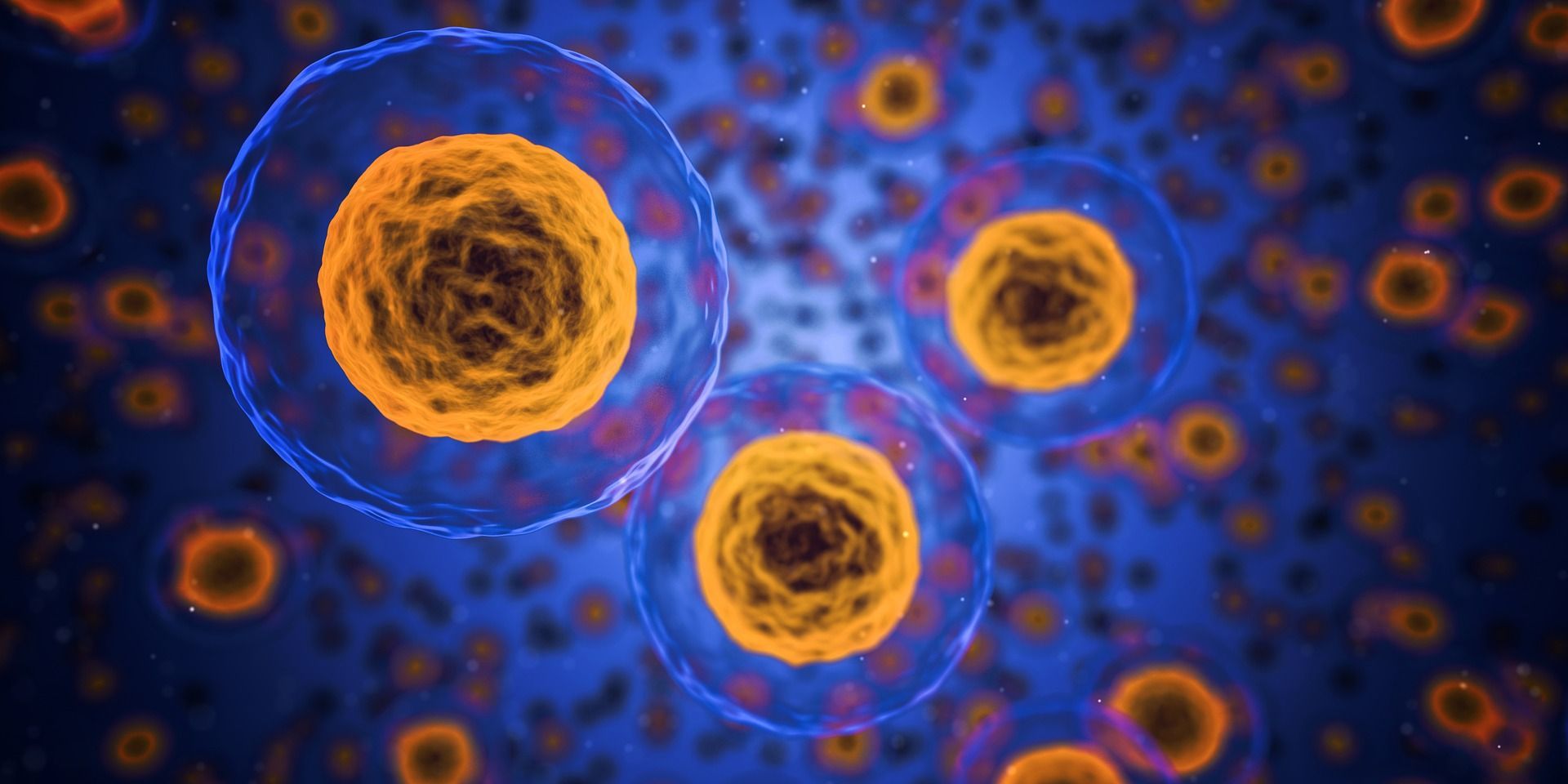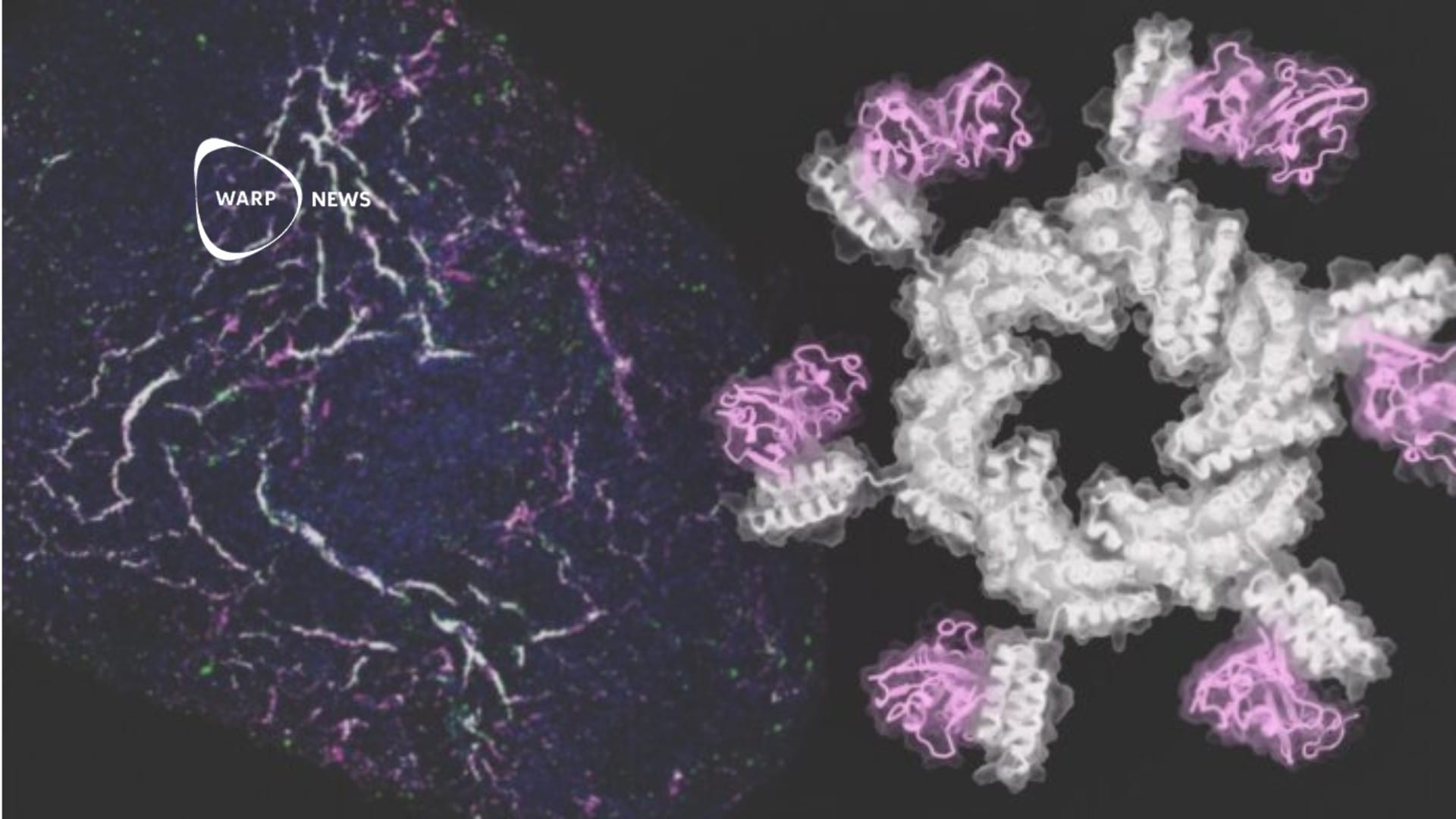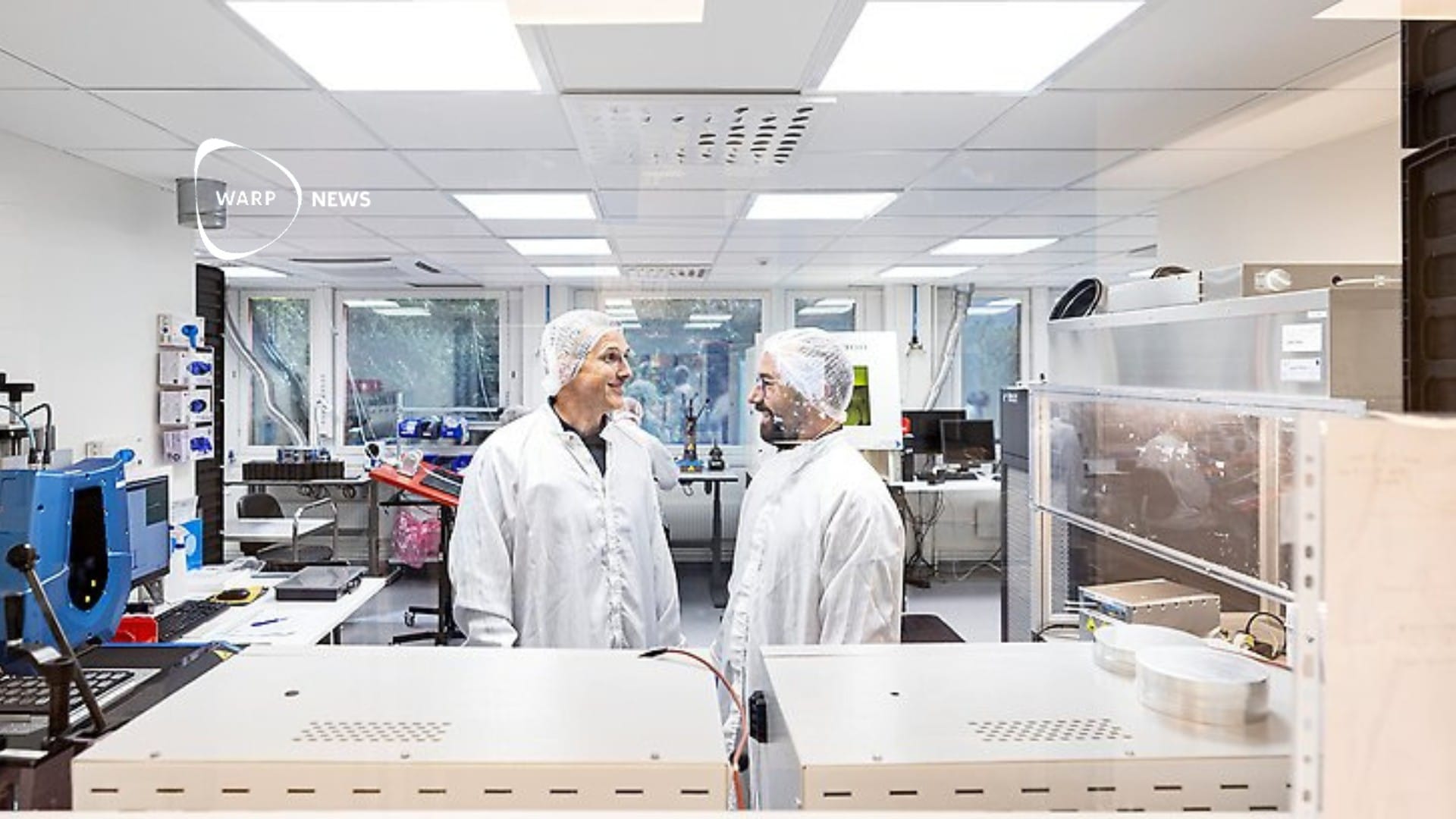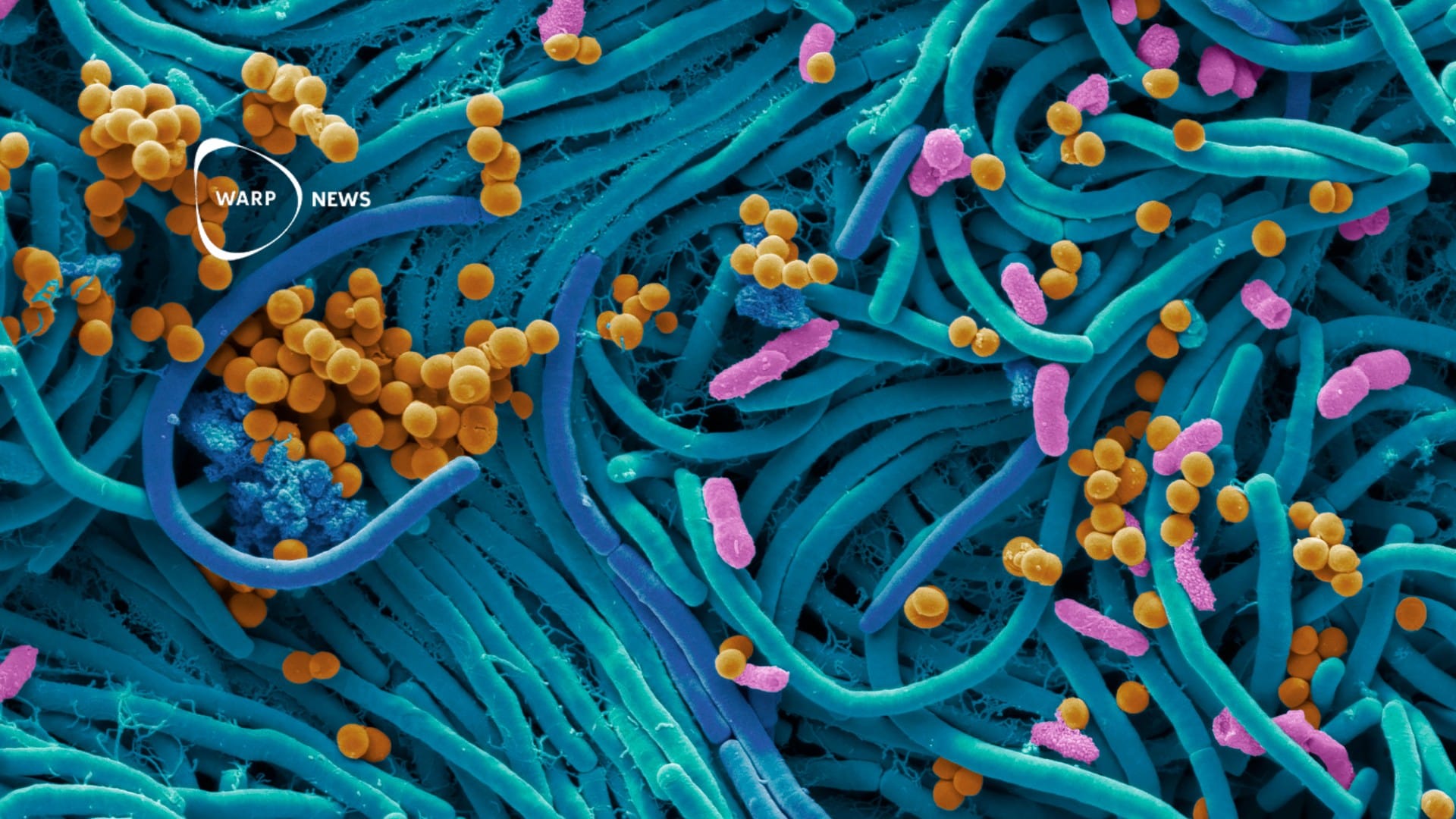
🔬 New method provides better precision in immunotherapy
Researchers have developed a better method of finding cancer cells so that the body's own immune system can fight the cells.
Share this story!
Immunotherapy is a way of using the body's own immune system to attack cancer cells. The method has enormous potential, but there are still major challenges. One such is how to identify proteins on the surface of cancer cells as targets for immunotherapies. Here, a research team from Lund University has now made progress.
Immunotherapy using CAR-T cells and antibodies targets specific target proteins that are expressed on the surface of tumor cells, so-called tumor surface antigens.
"The big challenge is that the set of tumor surface antigens differs between patients and between maternal tumors and metastases. There is thus a great need for new strategies that can with high precision identify available, treatable tumor surface antigens at the individual level. We have worked for many years to establish new methods that provide knowledge about surface antigens on the surface of cancer cells as a target for immunotherapies", says Mattias Belting, professor at Lund University, in a press release.
The researchers have developed a method they call Tumor Surfaceome Mapping, TS-MAP. It will make it possible to directly analyze all available tumor surface antigens in tumor tissue from patients. A major advantage of the method is that it provides a comprehensive picture of the surface antigen that is partly exposed on the surface of cancer cells, but also information about the specific surface antigens that have a high capacity to enter cancer cells and kill the cells from within.
"This is important because the next generation of antibody-based drugs in oncology is based on the combination of a targeting antibody, which recognizes the tumor surface antigen, and a cytotoxic drug or a radionuclide linked to the antibody. These so-called antibody-drug conjugates are specifically taken up by and kill cancer cells from within while healthy cells that lack the tumor surface antigen are spared", says Mattias Belting.
This may also mean that we will change our view of how we develop cancer treatments in the future.
"Precision medicine in immunotherapy for the treatment of cancer is promising, but also very challenging. In addition to the variation of tumor antigen expression between and within tumors, we still have incomplete knowledge about the interaction between cancer cells and immune cells in the tumor microenvironment. We are talking today about each individual patient being matched to a drug. Maybe it is the other way around, that we should design a specific drug that should be matched to the individual patient, no matter how impossible it sounds", says Mattias Belting.
By becoming a premium supporter, you help in the creation and sharing of fact-based optimistic news all over the world.


